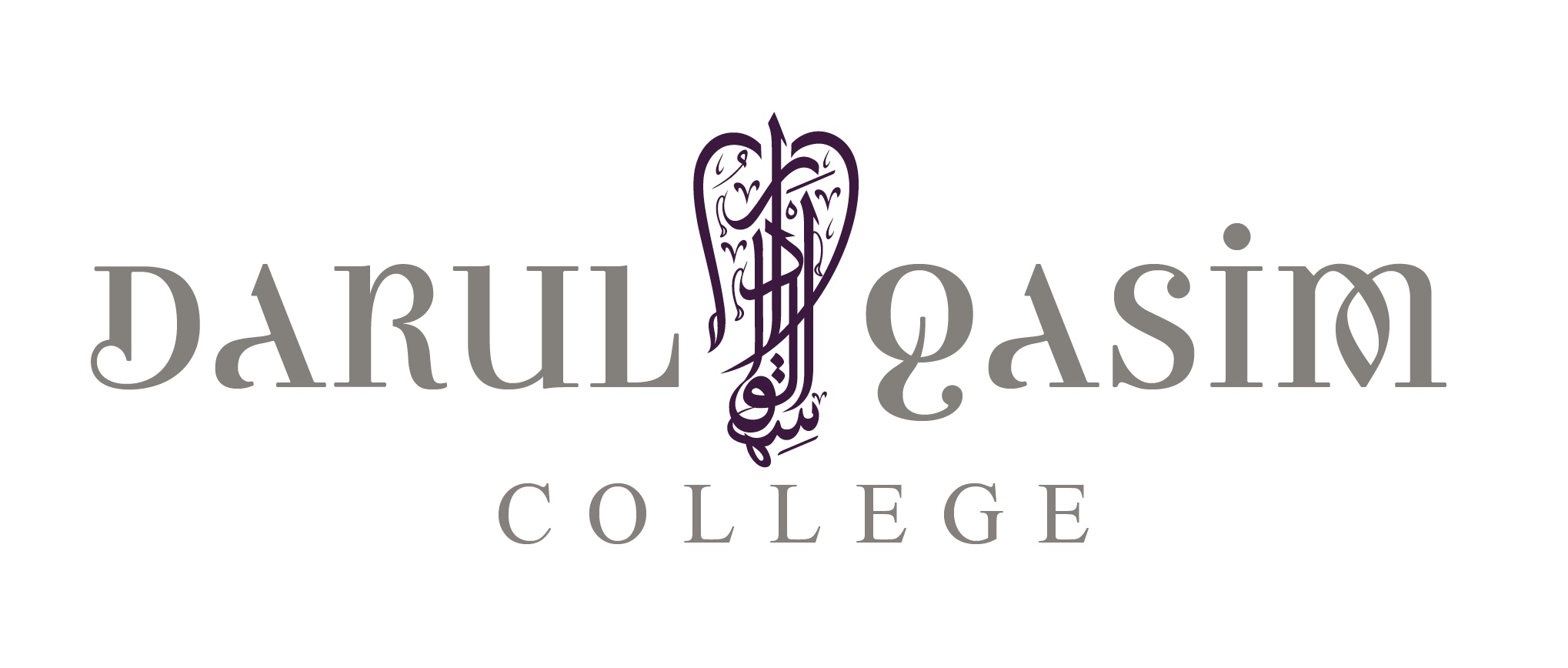Download a PDF version of this post
In the name of Allah, The Gracious, The Merciful
Allah’s Fadl on this Ummah is immense and perpetual. Allah sent down His Last Messenger with a complete and perfect code of life we know as the Shariʿah. The Shari’ah gives us solutions to all of our problems - big and small. It considers extraneous circumstances and offers dispensation for social and personal constraints.
In light of the escalating number of COVID-19 cases and local governments attempting to curb the spread of the virus, it is imperative for the Muslim community to fulfill its civic responsibilities along with discharging its religious obligations. The Shariʿah does not obligate those who run our mosques to organize prayers if the government doesn’t allow us to do so. Likewise, Muslim individuals do not have to attend prayers in mosques if state governors ban them from doing so. The Shariah has offered us alternatives for such emergencies.
Please note that if governmental authorities legally prohibit congregating in places of worship, including the masjids, it is not permissible for Muslims to violate the government mandate. In addition, if the government restricts gatherings to a specified limit, masjid authorities must abide by that limit. This includes discontinuing all such gatherings which, under normal circumstances and without unreasonable restriction, would exceed that limit.
Masjid authorities should also adhere to government recommendations for the maximum size of gatherings. Furthermore, gatherings held within the government recommendation should be performed as briefly as possible.
Darul Iftāʾ, Darul Qasim has laid out the following guidelines if, and only if, the State of Illinois bars religious gatherings or restricts congregations to a number which would not allow the Muslim community to perform daily prayers in the masjid, and more so, Jumuʿah prayers as performed normally:
- Homes/offices which have four or more sane and mature (bāligh) males may perform the Jumuʿah by themselves. The individual who is appointed as an Imam may suffice upon reciting the following in both the khutbas:
التحيّات لله والصلوات والطيبات السلام عليك أيّها النبي ورحمة الله وبركاته السلام علينا وعلى عباد الله الصالحين. أشهد أن لا إله إلا الله وأشهد أن محمّدا عبده ورسوله. أعوذ بالله من الشيطان الرجيم يا أيها الذين آمنوا اتقوا الله حق تقاته ولا تموتنّ إلا وأنتم مسلمون.
- If the above criteria are not met i.e., four or more sane and mature (bāligh) males, Ṣalāt al-Ẓuhr should be performed.
- Daily ṣalāt do not have specific requirements as Jumuʿah. People should perform them at home in congregation as well.
The above guidelines are provisional and only apply if the government bars religious gatherings or restricts congregations to a number which would not allow the Muslim community to perform prayers in the masjid.
This is the Shariʿah’s answer to the crisis and emergency. It is very simple and Muslims must not get emotional and throw tantrums because they are not able to offer their Jumuʿah prayers. We understand that not being able to make tawāf, ʿUmrah, etc. is indeed a great loss to us. We also understand that not being able to pray in the masjid is a huge social calamity for most Muslims. But how would we feel if we were not able to make Wudu for ten years. Yes, ten years. But if we believe that our beloved Prophet is our guide, then we should follow him. He said:
إن الصعيد الطيب طهور المسلم، وإن لم يجد الماء عشر سنين – الترمذي
Clean earth is purifying for the Muslim, even if he does not find water for ten years. – Al-Tirmidhi
Darul Iftāʾ, Darul Qasim
Mohammed Amin Kholwadia
Hisham Dawood
Ehzaz Ajmeri
